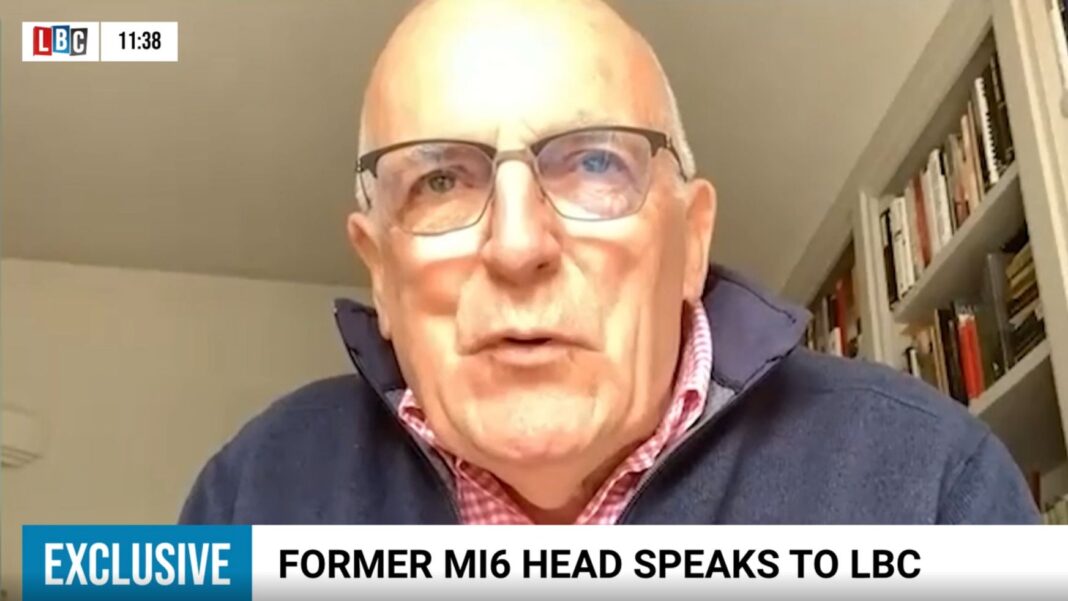Introduction
September 3, 2011 ~ The article that follows lays out a strategy for reforming welfare. Published in The Nation magazine forty-five years ago, it attracted the attention of organizers and advocates working in impoverished American communities, and became the basis for many arguments among leaders in the National Welfare Rights Organization. Then, only recently, some of the intellectuals who years ago had made the crossing from the Left to the Right brought it to the attention of the Fox News showman Glenn Beck. Suddenly the article was redubbed a strategy for creating an orchestrated crisis to collapse the American system. A chalkboard diagram called “the tree of revolution” featured “Cloward—Piven” on the trunk, with branches that led to SDS, Acorn, George Soros, Van Jones, the Barack Obama presidency, and the financial meltdown. Beck talked about the Cloward—Piven crisis strategy and displayed the tree on program after program over a two-year period. Right-wing bloggers also picked up the lunatic story, as did Beck’s own blog, featuring it regularly, along with accounts of my current activity aimed at creating “violent and bloody revolution.” Beck and the blogs had a big Tea Party audience, of course, generating hundreds if not thousands of postings consisting of lurid insults, curses, and death threats directed at me. The furor and the commentary exemplify a certain kind of paranoid propaganda that has recently escalated in the United States, and it should worry us. But here for you to judge is the article that is at the heart of the crazy talk. ~ Frances Fox Piven City University of New York, USA
Introduction
March 8, 2010 ~ By the mid-1960s it was clear that the Black Freedom Movement had spread to the big American cities, carried along by the great migration of blacks out of the rural South. With that change, the movement also changed: it began to focus less on the overt denial of civil rights that characterized the Jim Crow South, and more on the persisting economic deprivations that kept so many of the new migrants desperately poor.
“A Strategy to End Poverty,” which I wrote with Richard Cloward, was influenced by the changing focus of the Movement. We tried to think through the institutional context in which the minority poor found themselves, from the distortions of the New Deal welfare programs that denied them assistance, to urban fiscal constraints and intergroup conflicts that paralyzed local governments, to the possibilities that locally-based movements could provoke reform by creating problems that reverberated upward in the federal grant-in-aid system. Our objective was not, as later critics of the Glenn Beck variety later charged, to propose a strategy to bring down American capitalism. We were not so ambitious. But we did think that the minority poor and their allies might create sufficient disturbance to force reforms in the American income support programs. And we were not entirely wrong.
In 1972 the Nixon administration moved to relieve the fiscal and political pressures on local and state governments that were the result of rising welfare rolls. (Indeed, for a wild moment Nixon even embraced the idea of a basic guaranteed income.) But the administration avoided the tainted Aid to Families with Dependent Children program that was the locus of the politics of the poor and instead federalized the programs that provided assistance to the aged, blind and disabled. Still, we continued to value “A Strategy to End Poverty” not because it had been proven right, but because we had at least tried to tackle the difficult strategy problems that an urban-based movement of poor people confronted in a centralized economic and political system.
This is of course the strategy problem of the movements for higher wages and restrained policing that are spreading in the United States today. Protest movements are necessarily local, whether in Ferguson or Athens, because that is where people are concentrated, where they form relationships and experience their grievances. But to score victories, these local protests have to create disturbances that threaten sometimes far away centers of economic and political power. That is how we sometimes win deep reforms.
Original Article
May 2, 1966 ~ How can the poor be organized to press for relief from poverty? How can a broad-based movement be developed and the current disarray of activist forces be halted? These questions confront, and confound, activists today. It is our purpose to advance a strategy which affords the basis for a convergence of civil rights organizations, militant anti-poverty groups and the poor. If this strategy were implemented, a political crisis would result that could lead to legislation for a guaranteed annual income and thus an end to poverty.
The strategy is based on the fact that a vast discrepancy exists between the benefits to which people are entitled under public welfare programs and the sums which they actually receive. This gulf is not recognized in a society that is wholly and self-righteously oriented toward getting people off the welfare rolls. It is widely known, for example, that nearly 8 million persons (half of them white) now subsist on welfare, but it is not generally known that for every person on the rolls at least one more probably meets existing criteria of eligibility but is not obtaining assistance.
The discrepancy is not an accident stemming from bureaucratic inefficiency; rather, it is an integral feature of the welfare system, which, if challenged, would precipitate a profound financial and political crisis. The force for that challenge, and the strategy we propose, is a massive drive to recruit the poor onto the welfare rolls.
By Frances Fox Piven and Richard Cloward
This article appeared in the May 2, 1966 issue of The Nation.








